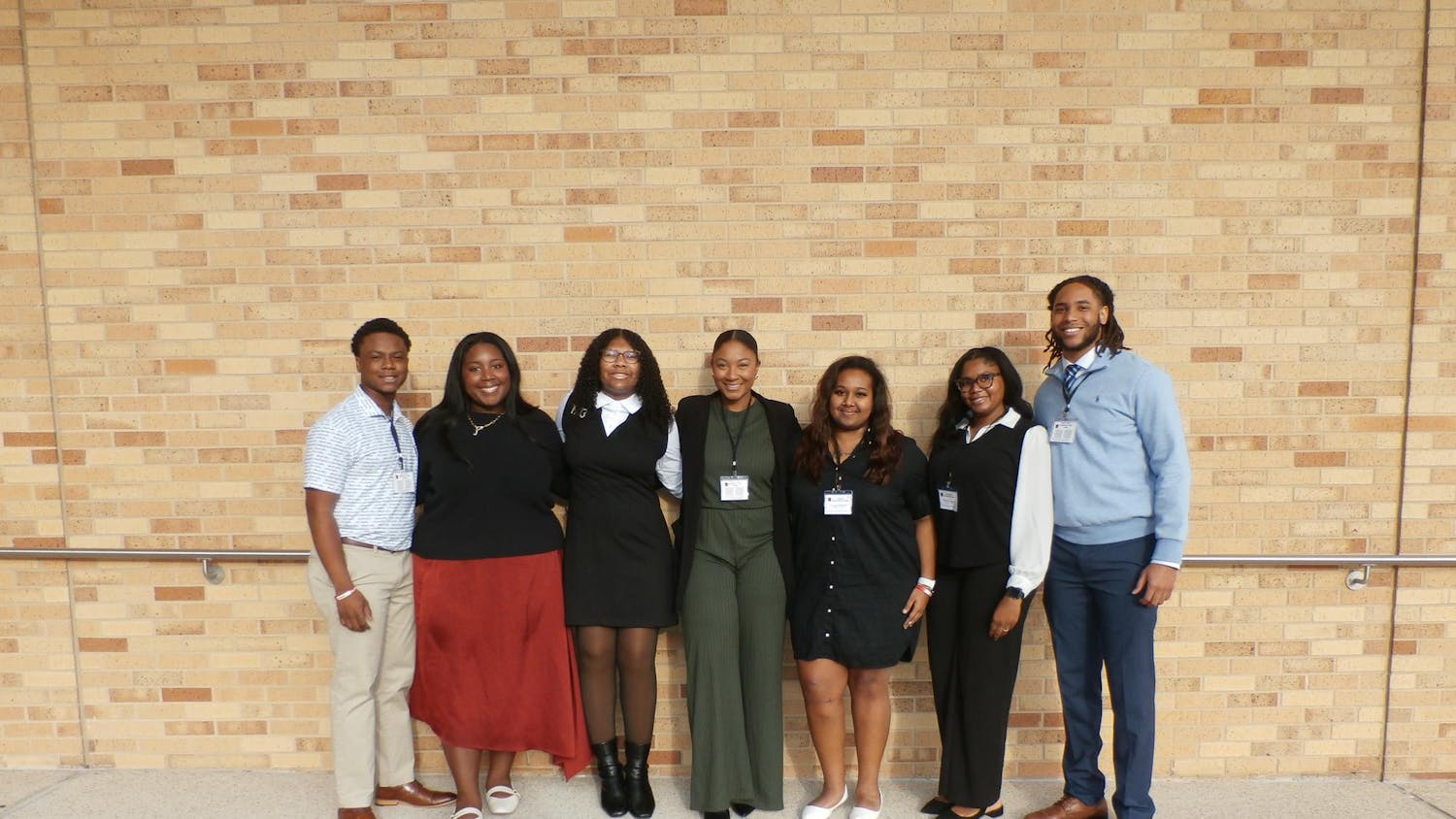Auburn University is juggling a semester of record freshman enrollment in addition to keeping a large volume of students on campus safe as the delta variant of the coronavirus sweeps the Southeast.
Dr. Fred Kam, director of the Auburn University Medical Clinic, said Thursday the goal to keep transmission on campus low is dependent on personal adherence to the University's COVID guidelines by the campus community.
"A number of us thought it was important that we start off this fall semester trying to be in person in classes and continue events and do everything we can to near normal as possible," Kam said. "How successful we will be able to do that is really going to boil down to individual responsibility, people taking personal accountability for themselves and for those around them."
Initial estimates for this year's freshman class are at 5,300 students, according to Kam, but he said the registrar's office will not have a definitive number until after the 15th class day. He said he hopes the University's indoor mask mandate will combat greater risk of transmission from the higher number of students at Auburn in person this year.
"We needed to have in-person classes because we saw the effects over the last year on academic capabilities, mental health and other areas beyond COVID," he said. "[Masks are] the No. 1 non-pharmaceutical mitigating strategy against the spread of a respiratory virus and specifically this virus."
Case tracking and contact tracing
Auburn University launched its COVID-19 Resource Center during the fall 2020 semester and has tracked positive cases weekly since Aug. 30, 2020, with the numbers increasing in the last month as people have returned to campus. The University added 43 cases for the week before fall semester of Aug. 2-8, just over double the previous week of July 26-Aug. 1, which saw just 21 cases.
Kam said the delta variant presents symptoms of infection earlier than previous strains of the coronavirus, and recent major campus events will result in rising cases.
"With Bid Day being last Saturday, you can expect that the last day or two and the next few days at the clinic is very much going to reflect the effects of sorority rush ... [and] there was band camp, there were other groups [and] a few weeks ago there was the Oaks Retreat," Kam said. "Yes, we were going to see an uptick in cases and we were prepared to handle that, but you can only prepare so much."
The University's data is contingent on students, faculty and staff self-reporting their positive COVID-19 cases. Kam said while self-reporting is mandatory for those on campus, it also excuses students who may need to take absences from class in the event their symptoms worsen, so students should always notify the University if they are aware they have contracted COVID-19.
"If you don't self-report, I don't put it in, then you cannot expect to be excused from class for 10 days," he said. "If you miss so many classes and it affects your grade, so be it, but essentially when you self-report and you upload your information, then that will generate the required excuse for you."
During the 2020-21 academic year, the University used the GuideSafe Healthcheck screener as a method of contact tracing among students attending campus events and boarding Tiger Transit buses, but the screener's use on campus was discontinued on Aug. 6 ahead of the start of this semester. Kam said he believed it to be ineffective as students knew how to get a green "least risk" screen to allow them entry into events and onto buses and that the screener wasn't really providing beneficial data.
"We were doing a lot of effort to return [to campus] and the benefit [of Healthcheck] was minimal," he said. "It wasn't difficult to figure [the green screen] out within the first time of using it."
Kam said the University also dropped its sentinel testing program this semester as it proved to be less informative than the Med Clinic had anticipated because of low participation providing insufficient data. He said Auburn had more successful campus operations than other universities that had required testing every one to two weeks.
"I made the recommendation that we abandon sentinel testing for this coming year because sentinel testing only works if it's mandatory, and obviously we took a voluntary approach," Kam said. "In comparing our data to other schools that did mandatory testing, we were no worse off as far as success in having matriculation of students through the academic process."
Large-scale events returning
Auburn's first football game of the season is at home on Sept. 4, where the Tigers will play the Akron Zips and will likely draw the biggest crowd of people to campus since the start of the pandemic. Kam said transmission in Jordan-Hare Stadium is probable as with any large-scale event during the pandemic and that fans should assess their risks before attending the game.
"When you bring any groups together into a football game, there's going to be people in the crowd who are going to be positive, some will be asymptomatic, some will be symptomatic but decided that it's not COVID or could be COVID," he said. "I would encourage those people to stay at home. Each individual knows their vulnerability and their health situation."
Kam said while governing bodies like the state government or the NCAA could introduce new restrictions based on health conditions, the University will not require students to provide proof of vaccination for any football games or other campus events this school year and cannot do so because of Alabama Act 2021-493 signed into law by Gov. Kay Ivey on May 24.
"If we get to a point where we have to affect events, it's going to be affecting events across the board — vaccinated or unvaccinated," he said. "It's quite possible that the NCAA, the governor or somebody might say we can't have spectators in the stands, or we can't have events of this size."
Do you like this story? The Plainsman doesn't accept money from tuition or student fees, and we don't charge a subscription fee. But you can donate to support The Plainsman.

Tim Nail, senior in journalism, is the community editor of The Auburn Plainsman.





